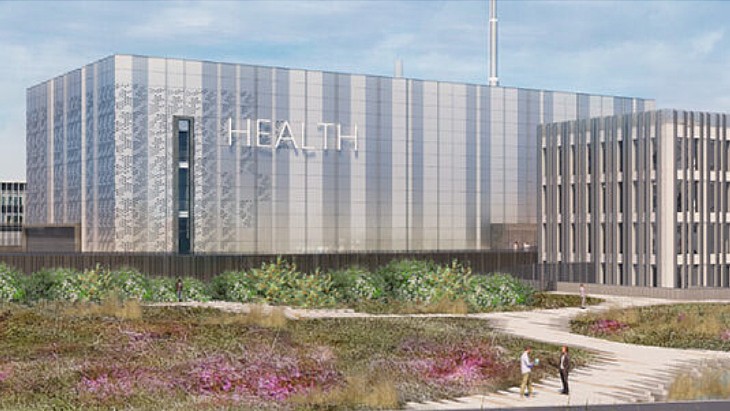
He said last September that the ministry was to spend EUR129 million per year, and has announced this week that an outstanding EUR320 million was now also covered in the budget. He also said that the process of getting approval under European Union state aid rules, was also under way.
Bertholt Leeftink, CEO of NRG-Pallas, said: "This decision is confirmation that the Pallas reactor is of strategic importance for the Netherlands and Europe. It will strengthen the security of medical isotopes supply for nuclear medicine. For patients, it means faster access to innovative (cancer) treatments."
He said it would help the Netherlands to expand its position in the world market for medical isotopes and nuclear technological research and "will preserve high-quality knowledge and employment in the North Holland headland".
Peter Dijk, Pallas programme director, called it "tremendous news ... with this decision we can proceed with the preparatory works and attract a contractor for realisation of the new build".
The Pallas research reactor is to be built at Petten to replace the existing High Flux Reactor (HFR). The 45 MW HFR started operating in September 1960, since when its use has largely been shifted from nuclear materials testing to fundamental research and the production of medical radioisotopes. The reactor - operated by NRG on behalf of the European Union's Joint Research Centre - has for a long time supplied about 60% of Europe's and 30% of the world's use of medical radioactive sources.
Pallas will be of the "tank-in-pool" type, with a thermal power of around 55 MW, and able to deploy its neutron flux more efficiently and effectively than the HFR.
In May this year work began on the foundations after the Authority for Nuclear Safety and Radiation Protection granted a construction licence for the reactor in February.
NRG-Pallas say the reactor "will guarantee large-scale diagnostic and therapeutic isotopes for millions of patients worldwide over the next 60 years". It says that around 200,000 patient treatments with therapeutic isotopes take place annually in Europe and this number is expected to increase by 8% a year and says "targeted and personalised therapies are very promising because they can be used much more precisely than traditional treatments - this innovative approach has fewer harmful side effects, is more effective and less stressful for the patient".
Construction of the reactor, which will be located at the Energy & Health Campus in Petten, will be able to go ahead if the country's parliament does not object to the creation of a new state-owned company and if the European Commission approves the public investment.